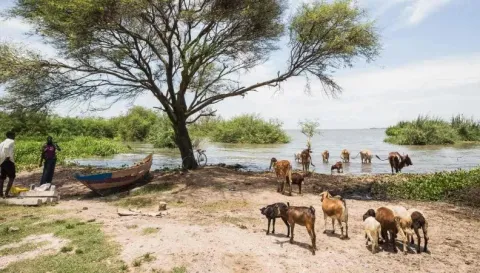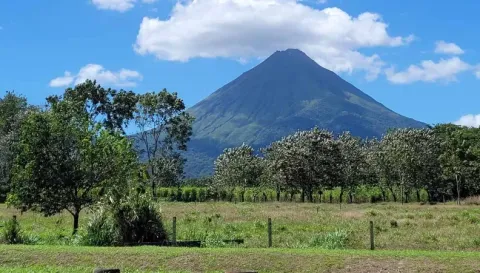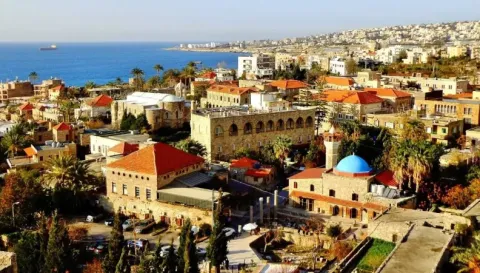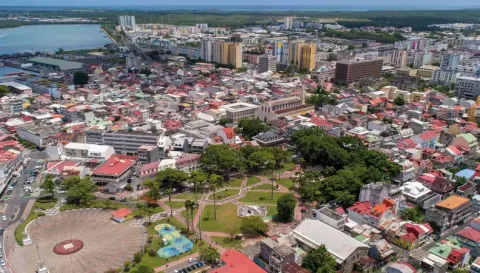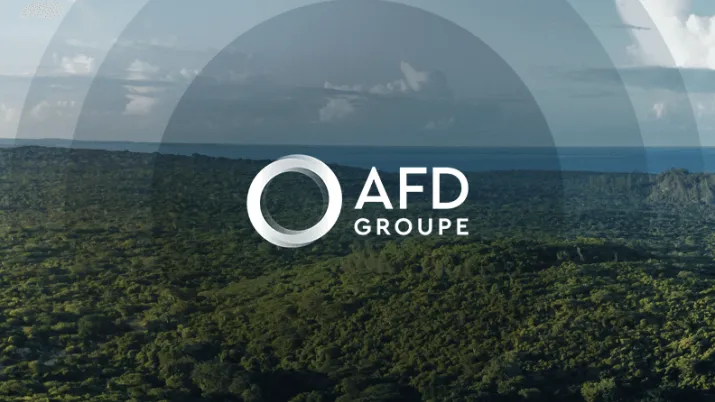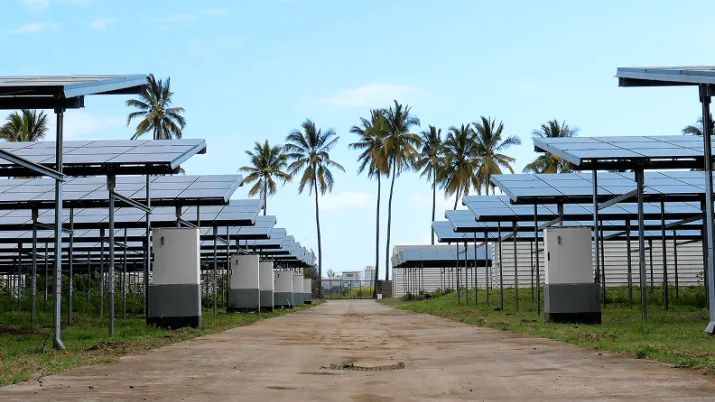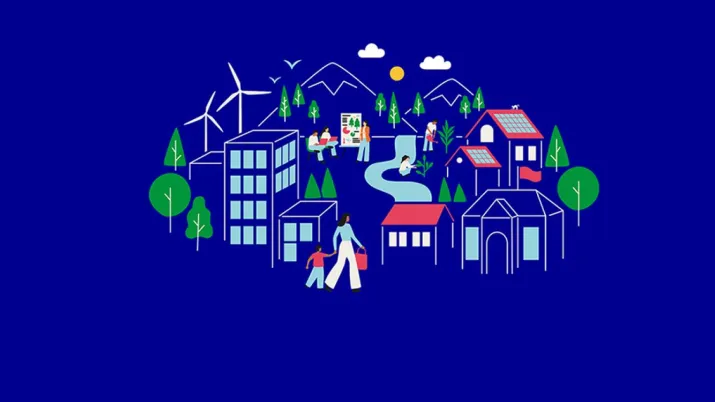Share the page
Our agencies around the world
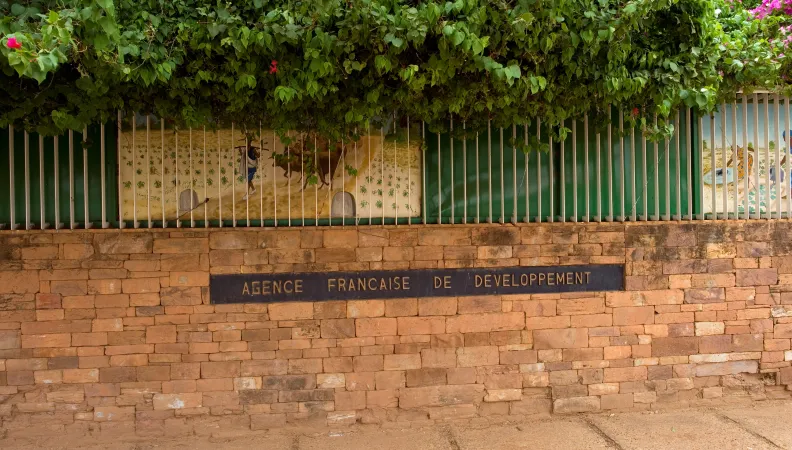
AFD is present on five continents where it finances and supports projects that improve living conditions for populations, It has an international network of 85 offices, including in the French Overseas Communities and in Brussels.

